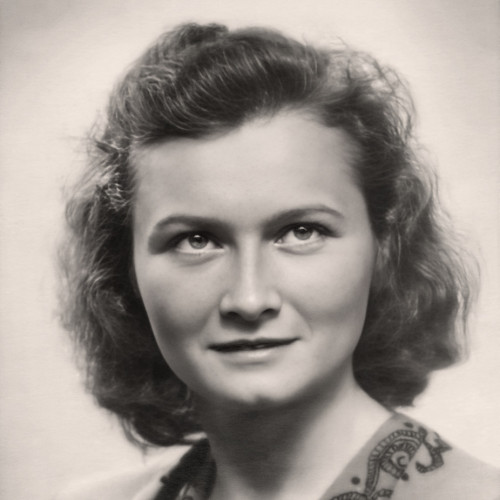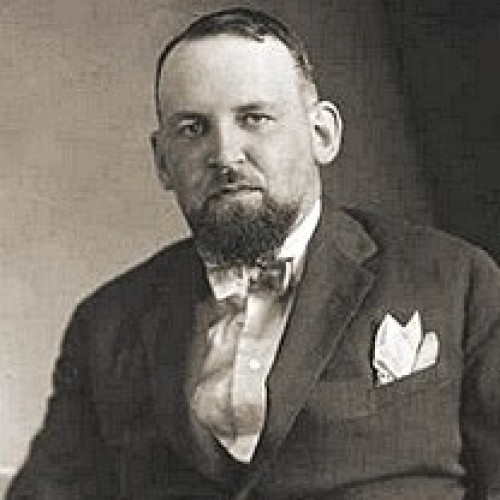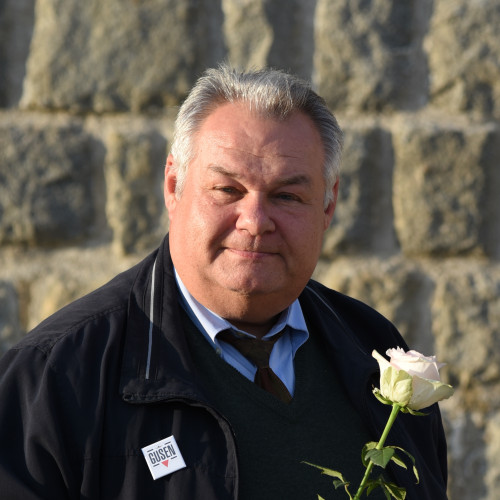Anatolij Giergiel (1904—1981) - Instytut Pileckiego
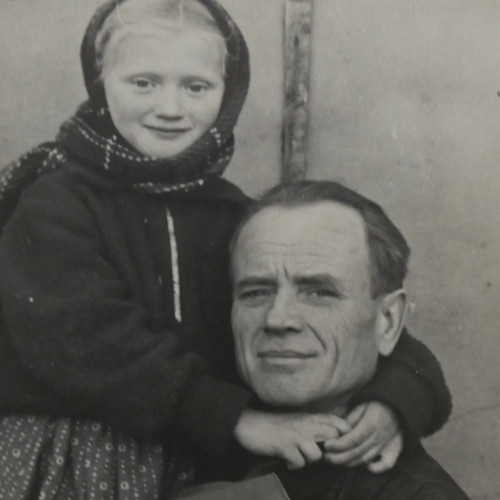
In the summer of 1943 in Volhynia, having learned about a planned attack by Ukrainian nationalists on Poles, Anatolyi Giergiel warned his friend.
From the beginning of the Second World War, after the USSR and Nazi Germany entered the Polish territories, occupation policies of both invaders were aimed at dividing and antagonizing the citizens of the Second Polish Republic, especially in the Eastern Borderlands, where Poles, Ukrainians, Belarussians and Jews lived side by side. In the summer of 1943 in Volhynia, a systematic ethnic cleansing operation involving mass murder of Poles was carried out by the units of the OUN/UPA with the help of the local Ukrainian population. In the village of Marcelówka near Volodymyr-Volynskyi, a longstanding neighborly bond between the Polish Zaremba family and the Ukrainian Giergiel family prevailed over the deliberately fostered antagonisms dividing the nations.
Having learned about a planned attack by Ukrainian nationalists on Poles, Anatolyi Giergiel warned his friend, Władysław Zaremba, who then managed to alert the rest of the village. As a result, the Zaremba family and other Polish inhabitants of Marcelówka escaped violent death.
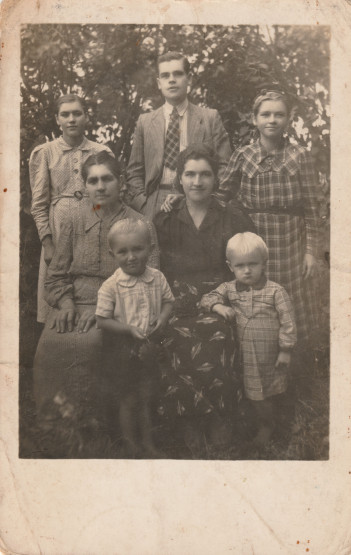
Zinaida Giergiel suspected that after being chased out of their homes and suffering from hunger, the Poles would attempt to return to their farms. For several days she kept watch in case their neighbors appeared. She was able to warn Rozalia Zaremba that a unit of the OUN/UPA was waiting for them in the house, and consequently saved the Zaremba family from death for the second time.
fot. Anatolij Giergiel / Tamara Handyi’s family collection
See also
- Aud Valla

awarded
Aud Valla
(1922–2014)Aud Sejlelid, still going by her maiden name at the time, spent her entire life in the small town of Hemnesberget in northern Norway, in a picturesque land of fjords.
- Aleksander Ładoś (1891-1963)

awarded
Aleksander Ładoś (1891-1963)
He was the leader of the group which issued illegal Latin American passports to persecuted Jews. Ładoś gave the group diplomatic protection.
- Rudolf Haunschmied (1966)

awarded
Rudolf Haunschmied (1966)
As a six-year-old boy growing up near Gusen, Rudolf Haunschmied learned that during the Second World War the village had been the location of a German Nazi concentration camp.
